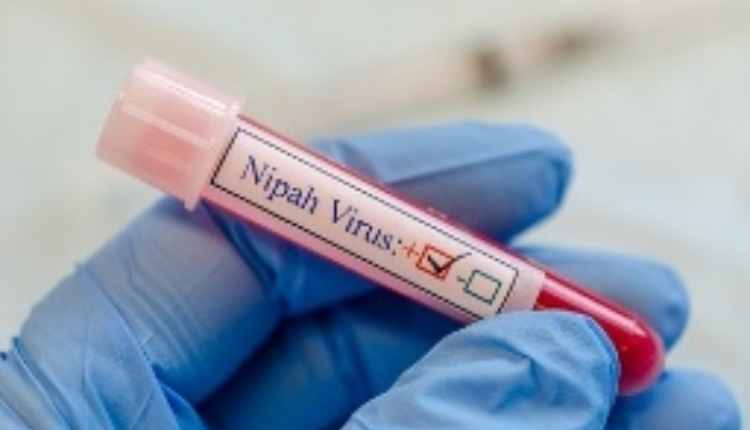Thiruvananthapuram: Blood samples of two more people, including a nine-year-old boy, from Kerala’s Kozhikode district have been detected positive for Nipah virus infection, state Health Minister Veena George said on Tuesday night.
Of seven blood samples so far sent for testing, three have tested positive — two are undergoing treatment while one died on Monday. Another person, who came in contact with one of the infected persons, died on August 30 and it is presumed that he too might have died of Nipah.
The health authorities have identified 168 people, including 127 health professionals, who came in contact with the infected persons and have asked everyone in the district to wear masks.
“Those who tested positive include a nine-year-old boy and his uncle. The blood sample of the boy’s father, a 40-year-old man who passed away last night, had also tested positive. There is no need to worry as things are all under control and everything is going forward according to the protocols,” said George, who is in Kozhikode since Tuesday morning to oversee the arrangements.
It was on Tuesday morning that the sample of a person, who died at Kozhikode following fever and breathlessness on Monday, first tested positive for the Nipah virus.
A central team of top officials from Delhi have been asked to reach Kozhikode following the detection of the infection in the district.
The 40-year-old person, who turned positive for the Nipah virus, had come in contact with a relative last month. His relative turned feverish on August 22 and was admitted to a hospital near Kozhikode on August 25, but he died on August 30. Though his blood sample was not sent for examination, it is being presumed that he too might have died of Nipah.
The present case has been reported about 15 km from where the initial Nipah virus outbreak in southern India was first identified in Kozhikode in May 2018 and then again in 2021.
Nipah virus infection is basically a zoonotic disease and can be transmitted from animals to humans, besides, it can spread through contaminated food or through contact.
(IANS)
















